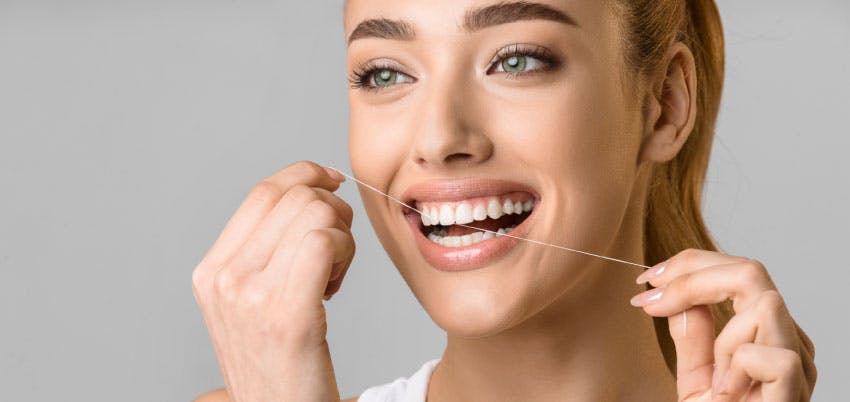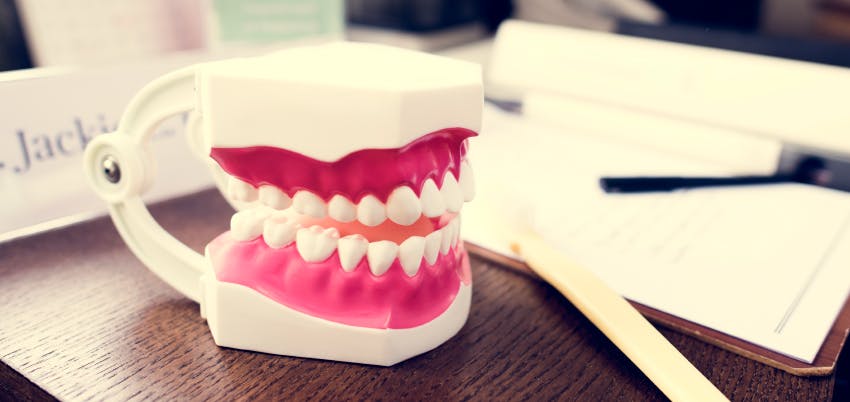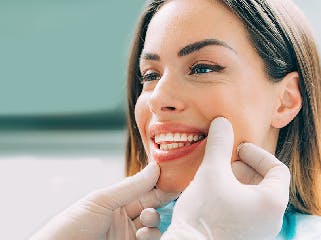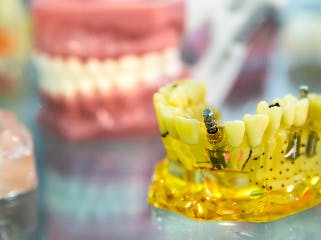
Dental care, the importance of flossing
by Wildsmile
Bacterial plaque is not only generated on the visible faces of the teeth, but also becomes present on those parts where the teeth adjoin each other, which makes it impossible to be removed with regular brushing. For this areas, dental floss has been created and your use should not be forgotten.
Benefits of flossing
- Remove plaque
- Remove food scraps
- Combat bad breath
- Prevents tartar
- Prevents periodontal disease
- Prevents dental caries
According to the American Dental Association (ADA), flossing is the best way to combat bacterial plaque. In addition, it removes food scraps that, as well as bacterial plaque, cause dental caries and it are responsible of bad breath due to the lack of hygiene. On the other hand, plaque and tartar can generate periodontal disease, which seriously damages oral health.
Tips for use of dental floss
- Frequency: the recommendation of every dentist is to use it at least once time a day, preferably at night. However, it can be used two or three times a day, especially if you feel that there are food remains between your teeth.
Method of application: The dental floss should form a C around each tooth and it should be rubbed from top to bottom in a vigorous way to remove the plaque. All sides of the teeth should be covered by the floss. At no time should the gum be hit, as this could damage the gingival tissue and cause retraction.
Types of dental floss
- Nylon dental floss: it is made of a multifilament thread, it can be waxed or not and it is presented in its version without flavor or with multiple flavors. If you have very tight teeth, this floss is not the most suitable for you, as it will fray or break easily.
- PTFE floss: because it has only one filament, it slides without snagging or tearing in the most compressed spaces. This advantage represents an extra cost, so it is more expensive than nylon.
- In terms of efficiency, they both perfectly fulfill the task of removing plaque.
Consequences of not flossing
- Bleeding gums: Bleeding gums can be due to two reasons. One of them is the accumulation of plaque, which generates bleeding when it is removed. The other is gum disease. Therefore, lack of flossing increases the possibilities of developing this disease.
- Tartar Accumulation: Brushing does not remove tartar that has built up against the gums. Only flossing is the only thing that can remove it at your home.
- Loss of teeth: as periodontal disease progresses, the gums separate from the teeth and the teeth become loose, resulting in the eventual loss of teeth.
- Cavities: plaque and tartar that cannot be removed generate cavities due to the high presence of corrosive bacteria.
- Dental pigmentation: once again the presence of plaque and tartar has its consequences. In this case the teeth become yellow in the area next to the gums.
Want to learn more about this?
Contact us
Your contact request is registered. We will contact you as soon as possible.
Lorem ipsum dolor sit amet, consectetur adipisicing elit. Adipisci alias aliquid amet commodi dolor, dolore doloremque dolores fugit quod repellat.
 ESP
ESP
 ENG
ENG






